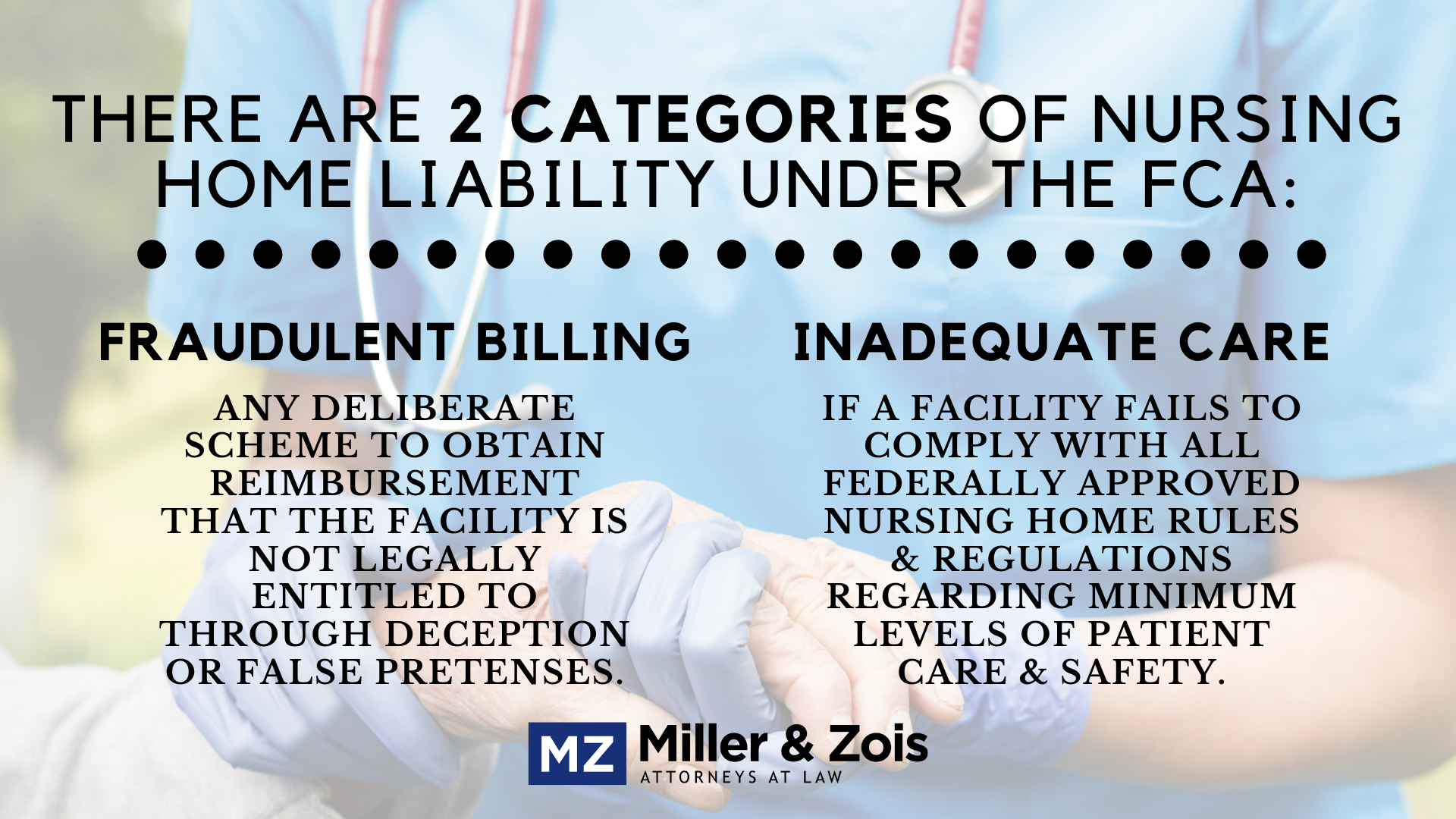There is a graph in Metro Verdicts Monthly on nursing home verdicts and settlements in Virginia and Maryland over the last 25 years.
The median nursing home verdict/settlement in Virginia was $287,500. In Maryland, the median verdict was $150,000. Virginia seems about right. I think the Maryland data is wrong. Again, I have no idea how Metro Verdict Monthly compiles this data.
Jury Verdict Research did a study that found that nursing home plaintiffs get a median award of $329,000. Defense lawyers are not eager to try these cases for a reason: plaintiffs win at trial a stunning 63 percent of nursing home jury trials.
 Maryland Injury Law Center
Maryland Injury Law Center





